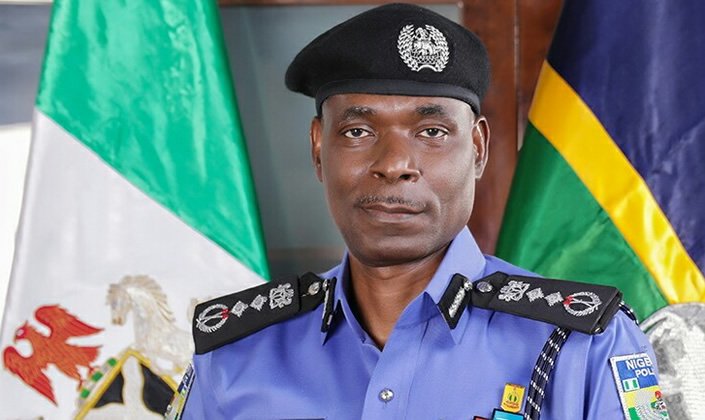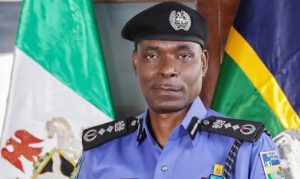Due to insufficient manpower in Nigeria’s police force, the Force has concluded plans to engage thousands of Special Constables to work with conventional policemen in communities.
The recruitment of the special officers, which would be announced any moment from now, has received presidential backing and it is expected to start in Kaduna and other northern states where the traditional emirate and district structures support the system.
It was further learnt that the police had presented the idea to the state governors who were said to have bought into the scheme.
The men, who will not be armed, are expected to handle charge room and administrative duties, crowd control, accident scene duties, alternative dispute resolution and other less sensitive and less risky functions. They are expected to dress in police uniform but with a different force number to distinguish them from the regular cops.
It was learnt that respectable members of the society like pastors, imams, teachers, lawyers, journalists and responsible youths would be considered for the volunteer job.
The Force Public Relations Officer, DCP Frank Mba, confirmed the plan and explained that the candidates for the constabulary would be between the ages of 21-50, and must be physically fit and gainfully employed.
The police spokesman, Mba, has disclosed that the constables after receiving training in police colleges would work on part-time basis with regular policemen, adding that this would free up more police manpower to deal with serious operation and other security issues.
Mba stated, “Our focus is to pursue a technologically-driven Police Force to reduce the number of policemen on the road. So, we have decided to introduce the special constabulary system which involves the recruitment of voluntary citizens to work as part-time policemen.
“They would be recruited from their immediate constituency where they would work with the conventional policemen.
The part-time policemen, Mba noted, would not be paid, adding that they could work at the police station taking complaints and assisting with traffic control.
The Force spokesman also explained that the undercover operatives being deployed in states were meant to infiltrate crime gangs, trace their sources of firearms and assist in disrupting their operations and mop up their arms while drying up the arms sources.
“Part of the job of the undercover operatives is to track illicit arms and their sources, disrupt the flow of arms and assist in mop-up operation, knowing full well that firearm is the oxygen that fuels insurgency, banditry and kidnapping. If the undercover operatives failed in their primary roles (of preventing arms flow and commission of crime), they can help in following up and arresting the gang members,” he added.
The DCP said crime and criminality would reduce if the force cut off firearms supply and mop-up the weapons in circulation.
Mba revealed that the Force Intelligence Bureau had been given autonomy to enable it to provide actionable intelligence for the police.
Reacting to the failure of the state police commands to implement the three-shift work mode three weeks after it was proposed by the acting Inspector-General, Mohammed Adamu, Mba said the police leadership would not go back on the plan.
He stated that the force needed more manpower for full implementation of the initiative, adding that in the short term, excess policemen were being redeployed from some states to needy commands.
Police to recruit part-time special constables over insufficient manpower






